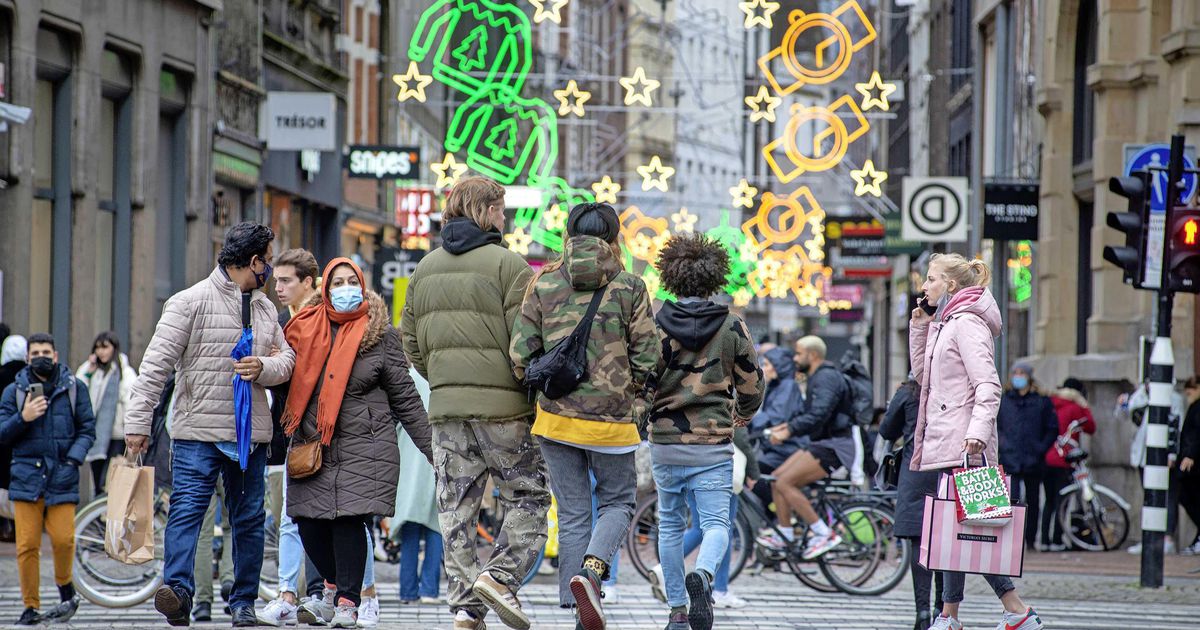Pressure on the European Central Bank was high before the meeting, and so was inflation in the Eurozone. It was 4.9% in November. In the Netherlands this percentage was 5.2%, and in Germany it was 6%.
But simply stopping buying bonds or even raising interest rates is not just an option for the ECB. Debt, especially in the countries of the South, is very high for it. If interest rates rise, their debts will be weighed even more, as the economy tries to crawl out of the Corona crisis.
Complex compromise
With today’s decision, the European Central Bank is trying to find a compromise between the Nordic countries, which prefer the ECB to tighten quickly due to high inflation, and the Southern countries, which prefer to keep their policies loose for as long as possible.
This has become a major technical compromise: on the one hand, the European Central Bank will stop subsidizing Corona next year, which is currently good for a monthly amount of about 60 billion euros. Under a different banner, the European Central Bank is now buying €20 billion per month. In total, about 80 billion euros.
To avoid shocks in the market after March when the Corona support ends, the European Central Bank will double the amount of 20 billion euros to 40 billion euros. This amount will then be gradually reduced to €20 billion by the end of the year.
global inflation problem
It is not only the European Central Bank that is concerned about high inflation. The US central bank system, the Federal Reserve, announced on Wednesday that it will stop buying bonds faster, and that it wants to raise interest rates three steps next year. The Bank of England announced interest rates from 0.1% to 0.25% ahead of the ECB’s decision.
Later in the afternoon, European Central Bank President Christine Lagarde will explain the interest rate decision.

“Lifelong zombie fanatic. Hardcore web practitioner. Thinker. Music expert. Unapologetic pop culture scholar.”








